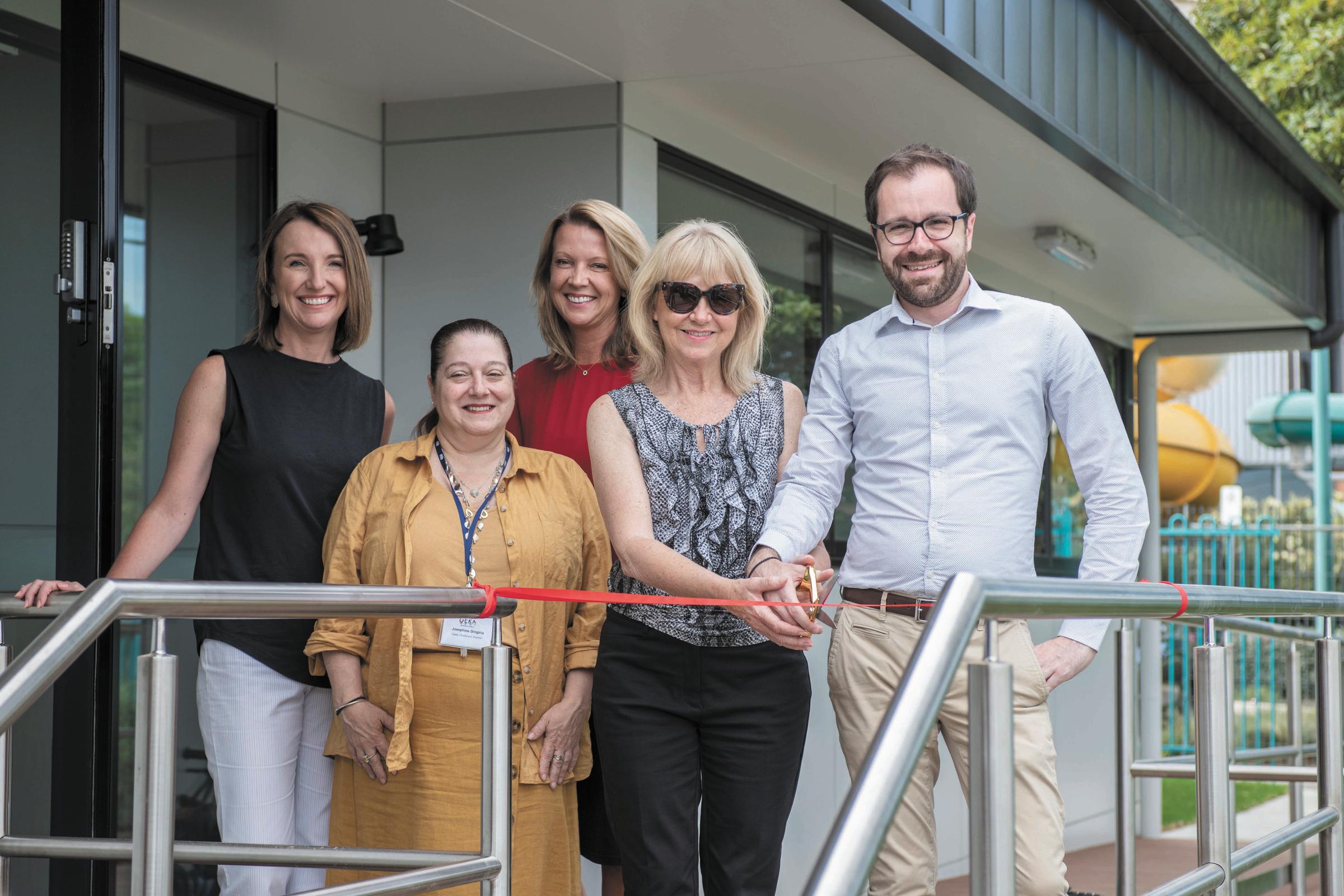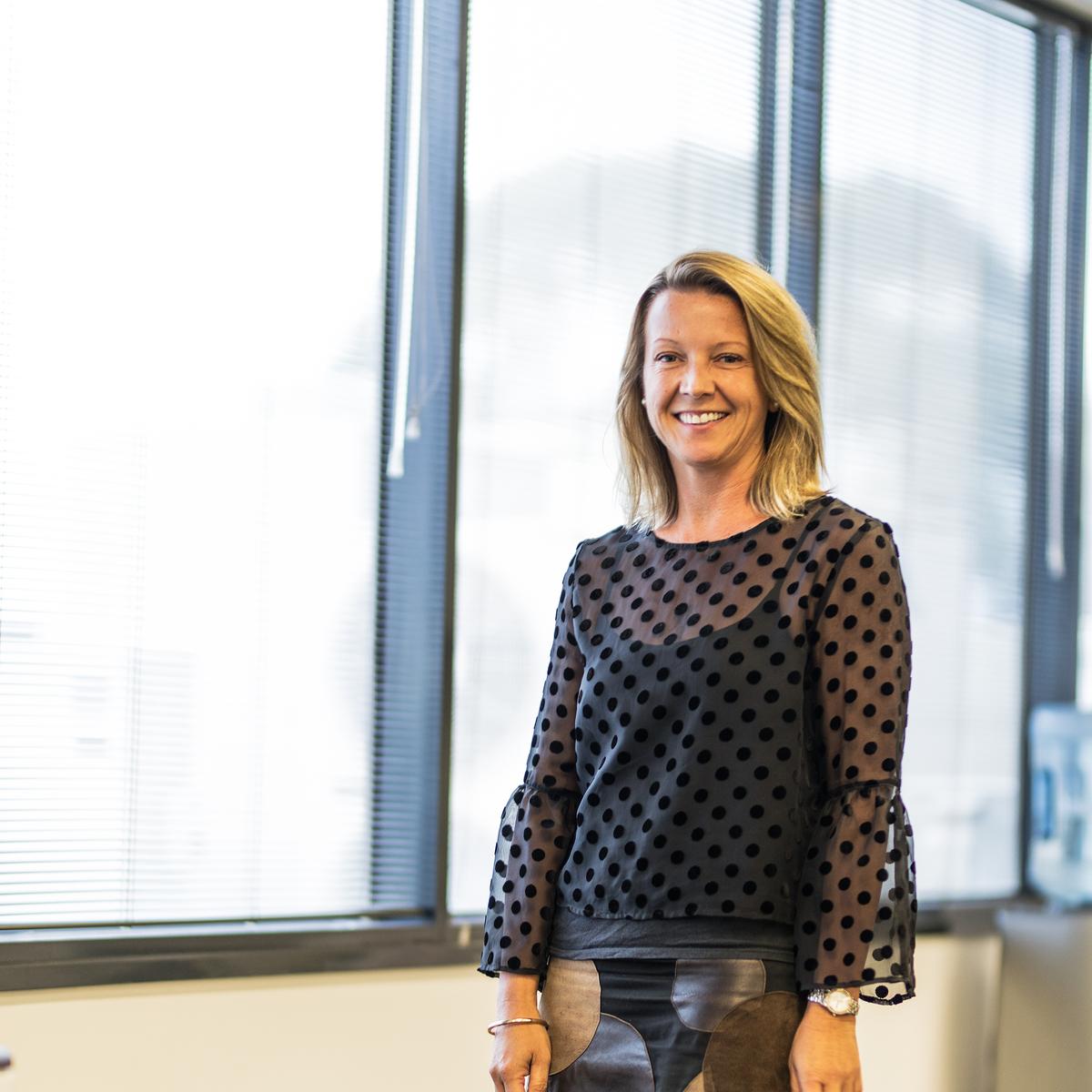CEO Report

CEO: Samantha Kolasa
Welcome to our final newsletter for 2021. I want to thank you all for your patience, humour, support, and feedback over the last 12 months. It has certainly been an interesting year for us all at GEKA as we have navigated the ever-changing COVID landscape.
Our final edition focusses on how to expose our children to risk safely to enhance their learning and development. I will admit from the outset that this was a difficult one for me to write about. As a parent of a 14 year old girl, I know that the risks I have exposed my daughter to throughout her childhood would be questioned by some. I have engaged in many a heated debate with friends around ‘how much is too much’ and the pros and cons of exposing our children to what some perceive as risky situations.
We know that risk is a fundamental part of life. As human beings, we are ‘hardwired’ to take risks from birth. Babies take their first independent breaths; they decide to try crawling and walking and then running; they try new foods; they see a tree and want to climb it. Sadly, an increasingly risk adverse society is making physically active, playful risk taking more difficult for children to practise.
Risky play in early childhood can help develop a child’s self-confidence, resilience, executive functioning abilities, and even risk-management skills. Studies have also shown that engaging in risky play also lessens the risk of injury.
When you are out and about with children, aim to enable them to take risks, not prevent them. Risk taking is good for children: taking risks is exhilarating, and children want and need to take risks. Our role as adults is to make sure we enable this, without placing them in actual danger.
Easier said than done for some parents. Our desire to protect is usually the result of genuine love and concern, however, it prevents children from developing resilience and the ability to take responsibility for their own mistakes. This can impact in many life domains, such as at school, university, work and socially. If children do not become used to dealing with a variety of risk situations, and the flurry of emotions that often accompany these experiences – both positive and negative - upon adulthood they may find it more difficult to continue functioning when things inevitably don’t go their way.
With all of that in mind, some ideas as you enter the holiday period:
- Focus on the positive aspects of risky outdoor play
- Build confidence by using positive language
- Make time for physical play
- Let your child make his own mistakes
- Model excellent risk management skills
- Teach your child how to identify “good” risks
- Apply common sense
If you get the balance right, you will be rewarded by seeing your child grow and develop into an inquisitive, resilient adult.


